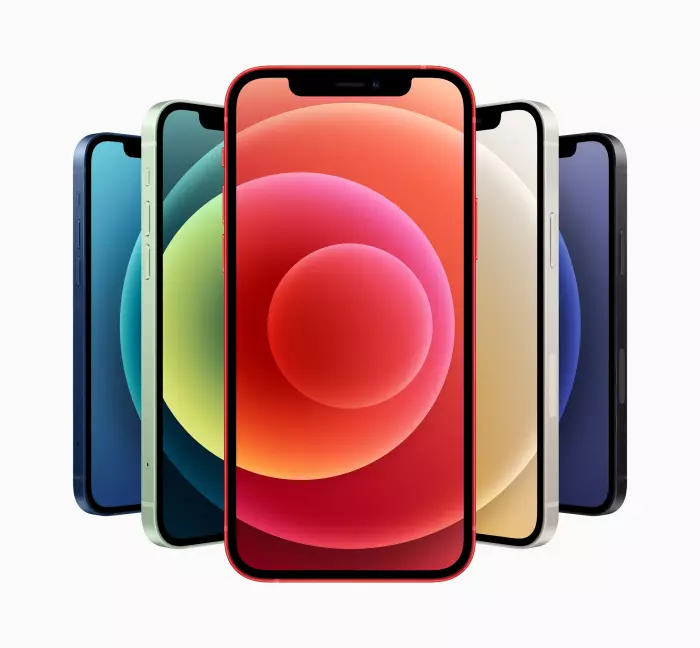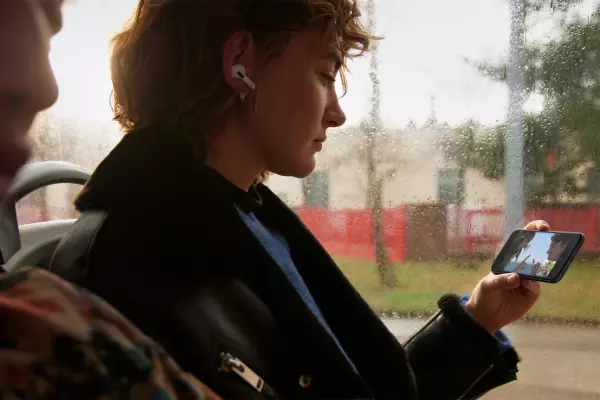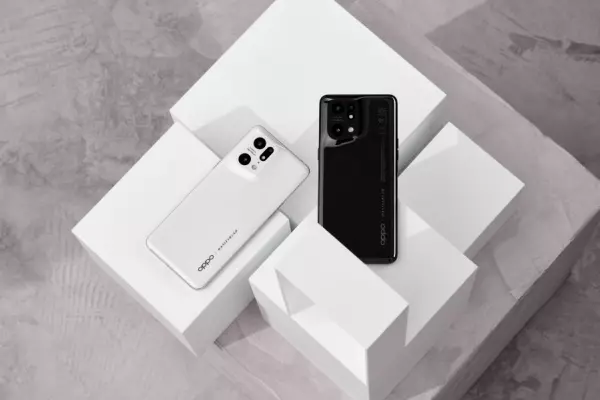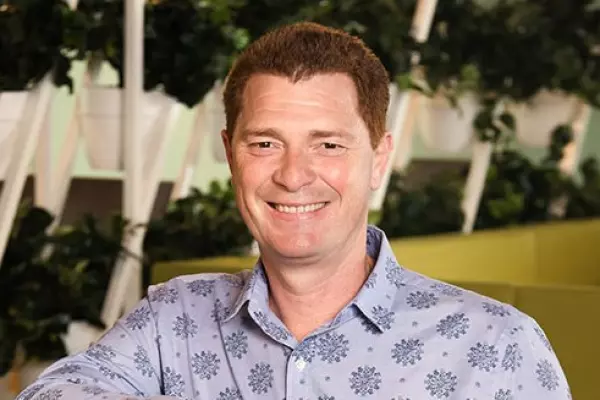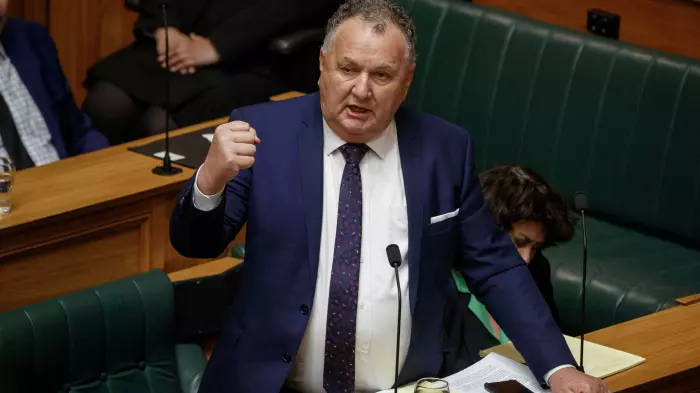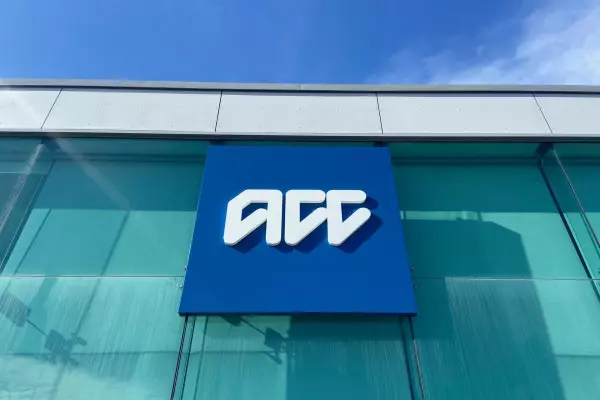The newly launched iPhone 12 and iPhone 12 Pro are the first models with 5G support.
Apple is late to market with the technology compared to rival Android manufacturers but analysts say the company’s timing is right considering the infancy of 5G networks.
There are four new iPhone models, all of which support 5G bands that can tap into Spark and Vodafone’s growing 5G networks. All four phones have flat edges in a design reminiscent of the classic iPhone 4 and iPhone 5.
Despite Android phones from Samsung, Oppo, and Huawei already on sale in NZ with 5G technology, analysts say the iPhone 12 range’s inevitable popularity will drive sales of 5G handsets.
“Most other vendors try to stand out with technology features to beat the competition with more megapixels or a faster processor Apple doesn’t care about other vendors,” said Gartner analyst Annette Zimmermann, who suggested the US giant’s tardiness on 5G doesn’t matter.
“Apple launched at the right time given how patchy 5G network coverage was in 2019 and still is in 2020. This should change for 2021.”
Vodafone’s 5G network is only live in parts of Auckland, Wellington, Christchurch, and Queenstown. Spark turned on 5G in downtown Auckland today, and has some coverage in Palmerston North.
Little benefit
IDC analyst Jefferson King pointed out that Spark has only promised 5G “nationwide” by 2023, and that most consumers won’t see an immediate benefit to having a 5G connection.
“3G allowed internet on phones, then 4G unlocked things like video streaming capabilities. With 5G, you’re not going to see that much of a difference. If you can already stream in HD on your phone in 4G. You’re not necessarily going to get any added benefit with 5G.”
But the allure of the Apple brand will outstrip that logic, he said.
“This will cause an increase in 5G uptake, just because it’s the iPhone … it’s a huge piece in the jigsaw puzzle in terms of 5G devices. The network aspect of things is happening over a longer time.”
Data from Gartner shows Apple sold 76,000 iPhones in NZ in the June quarter with a 50.7 percent market share. This is more units than in the same period in 2019, when 75,000 units gave Apple only 26 percent of the market.
The data below show sales of Android phones in NZ from Samsung, Oppo, Huawei and others dropped off massively following the pandemic, yet iPhone sales were seemingly unaffected.
More for your money
New Zealanders have a choice of the aluminium-framed $1,349 iPhone 12 mini and $1,499 iPhone 12, or the $1,899 iPhone 12 Pro and $2,099 iPhone 12 Max with stainless steel frames and better cameras. Confusingly, the 12 and 12 Pro are available to order from Saturday, Oct. 17 while the cheapest 12 mini and most expensive 12 Pro Max aren’t up for order until Nov. 7.
Even the cheaper iPhone 12 models have OLED screens, where last year the cheapest iPhone 11 had an inferior LCD display. Zimmermann said this shows careful evolution from Apple, with the phones also getting a new magnetic fast-charging feature.
“Today’s announcement was all about the enhancement of the Apple ecosystem and experience. They just follow their strategy step by step, adding a few new selective puzzle pieces every year.”
Notably, none of the new phones have fast refresh rate displays, a technology found in the iPad Pro and phones from Android rivals that make animations and apps scroll noticeably smoother. The feature was expected to debut on the iPhone 12.
The iPhone has got only iteratively better each year recently, with most new models resembling 2017’s iPhone X. Many people would be hard-pressed to tell the difference from that phone and today’s new iPhone 12 models, particularly when only looking at the familiar display with a cut-out notch at the top.
5G is now becoming standard in modern high-end phones, but it is not a must-have technology yet for New Zealanders. Without widespread reliable coverage, consumers and businesses alike will find that 4G is still more than adequate for another year or so before considering the potential extra spend for 5G contracts.
But thanks to the marketing might of the iPhone, it’s likely that many New Zealanders will have a 5G phone very soon, according to IDC's King.
“The new iPhones are pretty expensive, but people will still pay it.”


